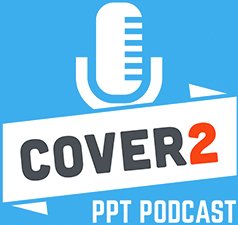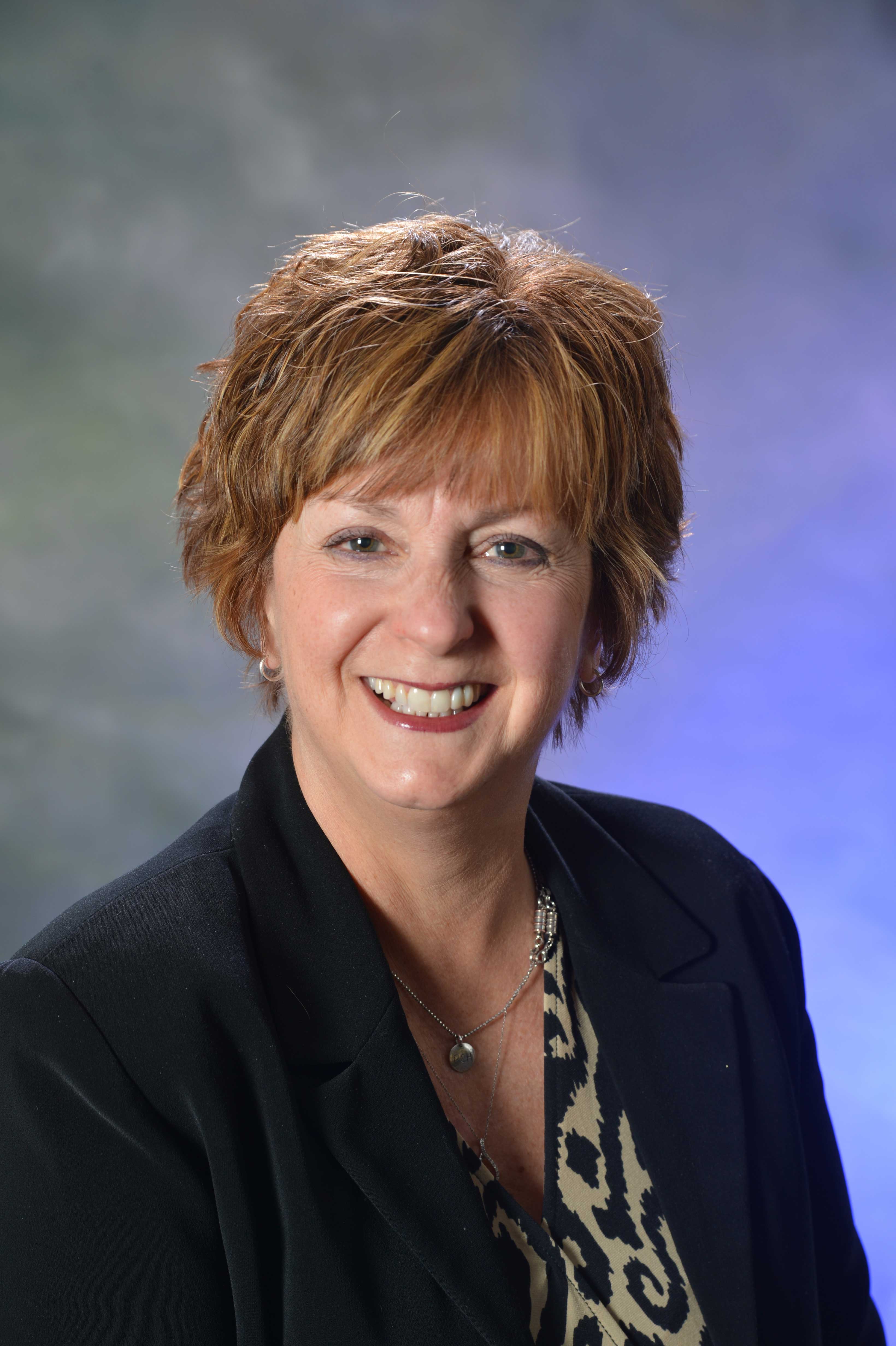Greg interviews Donna Skoda, the Public Health Commissioner of Summit County. Donna has been with the Department of Public Health since 2000. She has been working as the Public Health Commissioner of Summit County for a little over a year. The mission of Summit County Public Health is to protect and advance the health of the entire community through its policies, programs and activities that protect the safety, health and well-being of the people in Summit County.
Donna talks about the impact that the opioid epidemic has had on her department. “The past year has been particularly problematic. Many individuals don’t live to tell about their experiences. It has been very tragic. It has made us really start thinking about the availability of our resources,” says Donna.
She notes the initiatives that have been taken to bolster the fight against the epidemic. “We need to be closer to the clientele that needs us, so we are starting to look at off-site delivery of services. We were able to launch a needle exchange program, an opportunity to prevent a secondary infection from a communicable disease. We’ve really started to ramp-up our Project Dawn. We’re looking to offset our counselors, to expand our in-home assessments and treatment programs.”
Greg asks Donna to expand on the resources that Summit County Public Health has to offer those suffering from addiction. “The resource we have provided is the ability to expand our programs. What we really try to do is make sure an individual has access to Narcan and needle exchange programs. We try to connect them with the Alcohol, Drug and Mental Health Board and any programs they have, to get individuals into detox,” says Donna. “The pathways are different for everyone, but we try to tailor that need so we can get them where they need to be for services.”
The Summit County Health Department started the needle exchange program in June 2016. Greg asks Donna about the success of the needle exchange program. “We’ve had 34 customers that have been regular customers. When you start a needle exchange program, people are a little nervous at first. You are giving up the risk of identification and the risk of arrest. You’ve got to build trust. Every week we get more and more, when they realize it’s a safe space,” says Donna. “You’re given a set amount of needles and a sharp’s container, to hold your used needles. We want those back; we want to get rid of them.”
Greg asks Donna about Project Dawn and the progress seen in that program. “The early adopters are sold, because they have seen a few reversals. Once you have a reversal under your belt, you’re committed to it. You see the good it can do, because that person comes back and they can get the chance for treatment,” says Donna. “The training is simple; it takes less than 30 minutes. You can come to us; we can give it to you for free. We don’t ask a bunch of questions. We show you what to do with the kit and you have it available.”
Donna discusses the hard truth about the outcome of individuals going through detox. “Intensive outpatient may work for one person, but it doesn’t work for another. You could live in a sober home and have a supportive family, that works fine. But if you don’t have that, then you’re probably better off going into a facility and being away from your family and friends,” says Donna. “Recovery takes a long time. People get released and it isn’t like you’re magically cured. If you go into the hospital for diabetes, you’re not cured of diabetes; you learn to manage it.”
RESOURCES





Leave A Comment